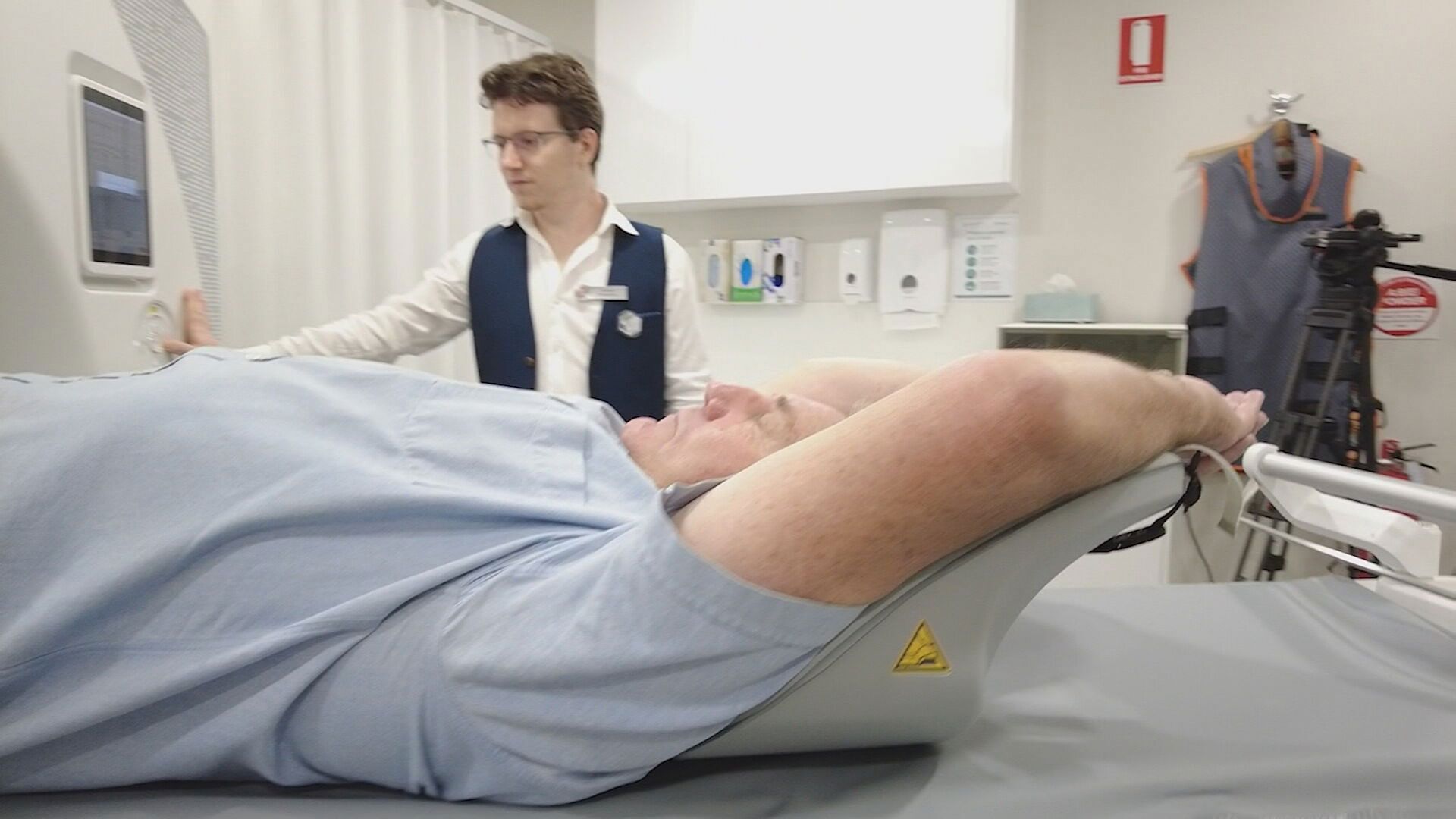Perth has become the second city in Australia to embrace a revolutionary CT scanner, marking a culmination of three decades of research and development.
The cutting-edge technology, designed by Siemens Healthineers, boasts remarkable capabilities that promise to transform healthcare in the city.
Neil Foster from Siemens Healthineers emphasised the remarkable journey that led to the creation of the state-of-the-art scanner.
"In reality it's taken 20 to 30 years of R and D to actually reach this stage of having a commercial system in production," he said.
The $5 million machine offers a significant advantage over traditional scanners by emitting 50 per cent less radiation.
This feature is particularly beneficial for cancer patients who may require multiple scans, minimising their exposure to harmful radiation.
Moreover, the scanner produces significantly higher definition images.
"[You can] see tiny structures in the body that are really important such as the arteries around the heart or very early lung cancers," ChestRad CEO and principal radiologist Dr Conor Murray said.
The Nedlands clinic is the machine's proud owner, making heart and lung scans accessible to the public upon referral.
This development assumes even greater significance in light of cardiovascular disease being the leading cause of death in Australia and worldwide.
Those who've used it say it's a safer way to check their heart health.
"At my age you just want to be sure that it's all good and that I can exercise normally so I thought I'd get it done," said Craig Lyra, the first patient in the state to use the NAEOTOM Alpha.
The tragic loss of Australian cricketing legend Shane Warne two years ago had a profound impact.
According to Chestrad, the number of patients seeking scans doubled following Warne's untimely demise.
This surge in demand has led to the scanner accommodating about 30 patients a day.
"For some reason obviously the effect of that man at 53 years of age dying despite having the world at his feet really shook up a lot of people, and not just men, a lot of women as well," Murray said.
It's hoped the machine will soon be rolled out to public hospitals across the state.
This article was produced with the assistance of 9ExPress.




